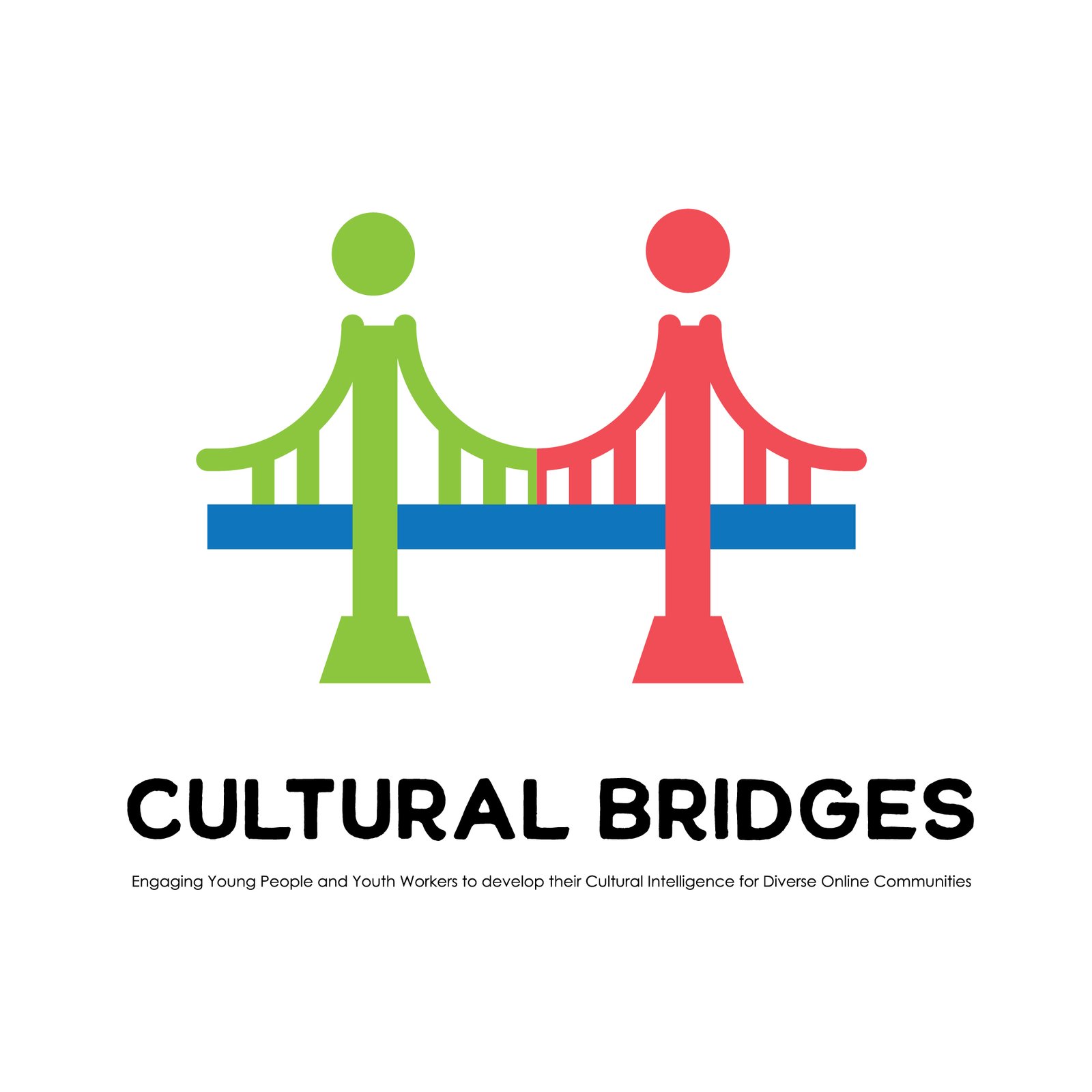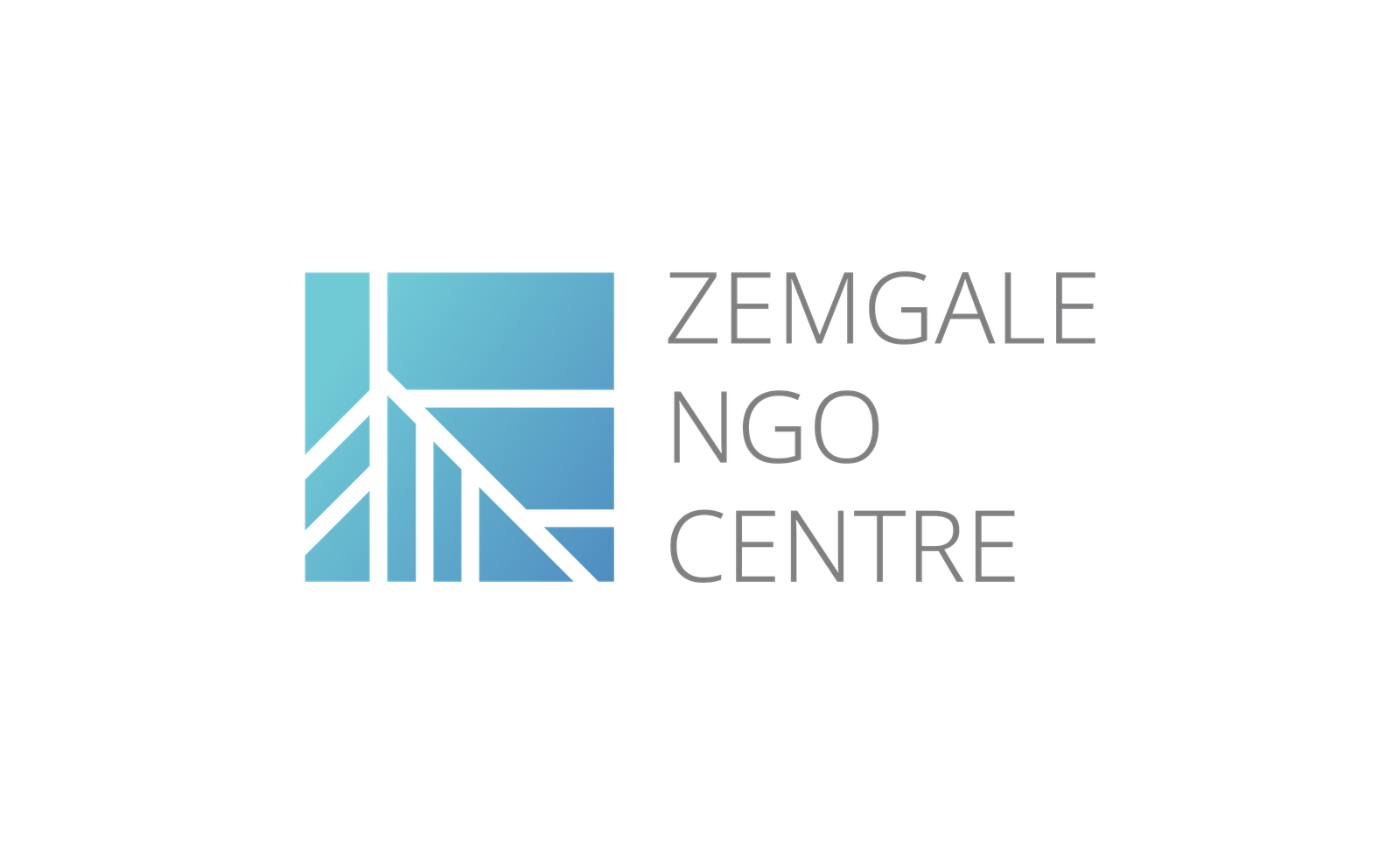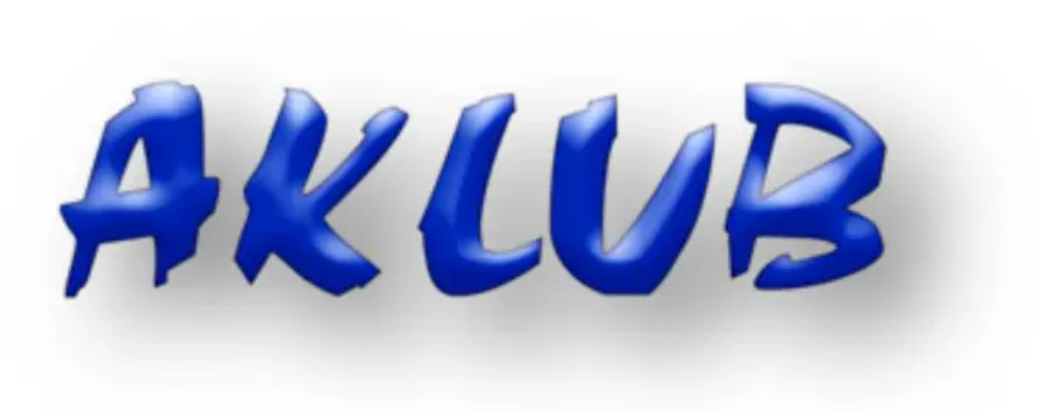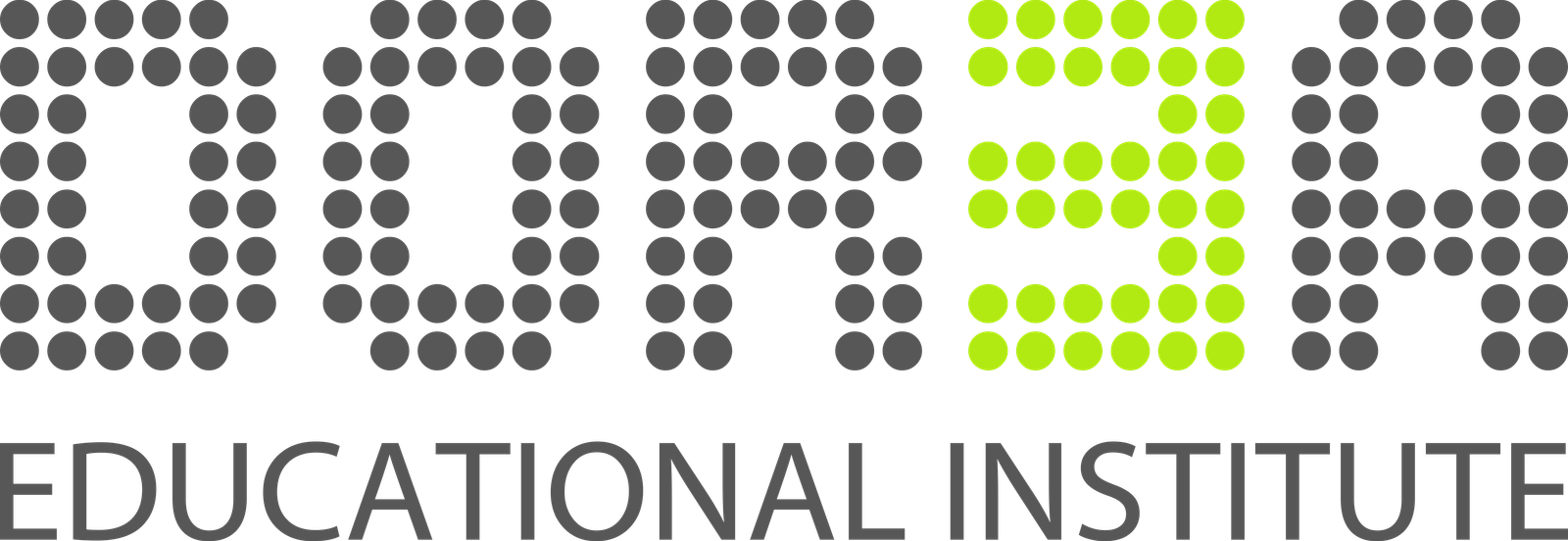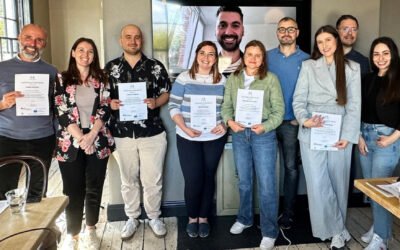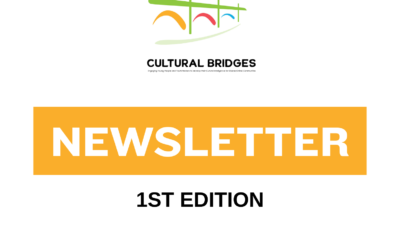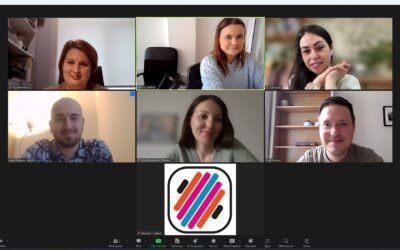erasmus+ ka2 project
Cultural Bridges: A Pathway to Global Understanding
Discover how Cultural Bridges equips young individuals and youth workers with the tools to thrive in diverse environments.
PROJECT AIM

The Cultural Bridges project aims to harness the digital activism potential of Gen Z, empowering them and youth workers to address cultural intolerance online. By providing tailored educational initiatives, online advocacy training, and fostering community action, the project aims to equip participants with the tools they need to promote cultural tolerance in the years to come.
TARGET AUDIENCE

Youth Workers & Educators
Supporting professionals from diverse backgrounds to mentor effectively in multicultural settings.
Generation Z
Guiding young individuals facing socio-economic and cultural challenges towards greater opportunities.
Extended Support Network
Engaging educational bodies and cultural organizations to broaden the impact of our initiatives.
IMPACT
Through tailored educational initiatives, online advocacy training and community actions, the project will involve youth workers, young people and various external stakeholders to ensure a powerful and lasting impact.
PARTNERS
YOUTH WORKERS
YOUNG PEOPLE
EXTERNAL STAKEHOLDERS
LATEST NEWS
Build bridges with us! Explore our resources, join our workshops, and connect with others passionate about cultural understanding. Together, we can navigate the digital world with greater awareness and build a more inclusive online space.
Project partners meet in Dublin, Ireland
At the beginning of September 2024, we were thrilled to gather in Dublin, Ireland, for an inspiring and productive project meeting. Hosted by our wonderful partner, WeLearn, this gathering not only...
Cultural Bridges 1st Newsletter released
We are happy to introduce the first project newsletter, an Erasmus+ KA2 initiative dedicated to empowering young people (Gen Z) and youth workers!
Building Bridges Across Europe: A Successful Kickoff for the Cultural Bridges Project!
We’re excited to announce the successful launch of the Cultural Bridges project, an Erasmus+ KA2 project focused on empowering Gen Z with Cultural Intelligence (CQ) and fostering cultural understanding across Europe!
Join the Cultural Bridges Initiative
Be a part of our journey to empower youth workers and young individuals in fostering cultural tolerance and intelligence. Help us shape a more inclusive future where diversity is celebrated.


Project Number: 2023-2-LV02-KA220-YOU-000174659
Funded by the European Union. Views and opinions expressed are however those of the author(s) only and do not necessarily reflect those of the European Union or the European Education and Culture Executive Agency (EACEA). Neither the European Union nor EACEA can be held responsible for them.
